Losing a loved one is a difficult and emotional experience, and often what is felt is enough
to challenge even the strongest people.
At Olsens Farewells, we understand this and pride ourselves on creating new and unique ways to honour the life of your loved one by taking the time to work with you and together, creating a farewell that
is authentically tailored to tell their story.
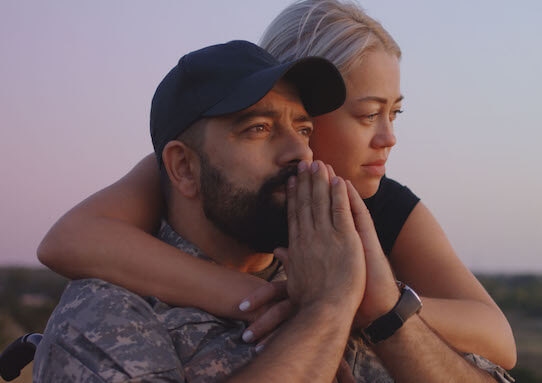
Olsens Farewells has a commitment to caring for you, your family and your loved one at every stage of the farewell process, something which differentiates us – it is the Olsens experience.
From our long-standing commitment to the communities we serve, we recognise the need for personal service that ensures you are fully supported at every stage, so you can focus on your grieving.
Thanks to our decades-long heritage, we have rich experience taking a truly tailored approach to farewells often creating new and different ways to design farewells as unique as your loved one – be it religious, formal or a more personalised farewell.
Unlike the traditional prepaid funeral, we created personalised prepaid funerals that simplify the farewell process and give you the funeral you want at a comfortable price.
We specialise in helping our community pre-plan and prepay for their personalised funeral, whether it be a simple one or something more.

This December, Olsens Twilight Remembrance service returns to Hazelhurst Arts Centre. We invite all Sutherland locals to join us for this meaningful service and come together to honour the memories of loved ones who have died and find solace during the holiday season.
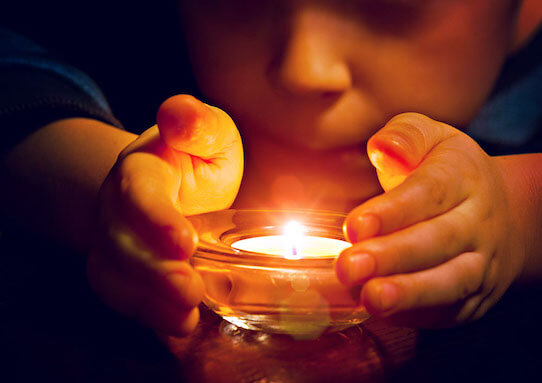
At Olsens Farewells, we understand the individuality of each person and that just as every person is unique, so too is the right way to farewell them.
As such we acknowledge the importance of offering a fully customisable farewell that is not restricted in the style of ceremony or location.
Our team is experienced in providing a wide range of tailored services at the best possible location that reflects the life of your loved one. Together, we can continue their story.
We plan farewells that are personal and authentic, be it a burial or cremation, coupled with everything from a religious service through to a special location farewell reflecting the character or even cultural heritage of your loved one.
We also enable you to say goodbye in any venue or place of your choosing. Whether it’s a traditional chapel, the local golf club, or even surf club. We work with you to find the right setting for the occasion.
If you are looking for a truly tailored experience backed by personalised service, we have the experience to help – and will be there for you every
step of the way.
Olsens Farewells prides itself on introducing unique ways to help you truly customise the service and honour your loved one.

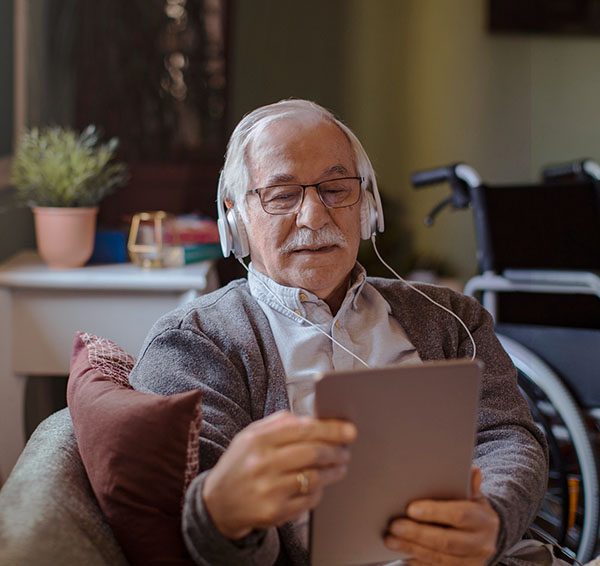


I write to express my personal thanks, and that of my family, for the service you provided for the funeral of my mother. My wife and I contacted Olsen’s at Sutherland when we were first told of my mother’s terminal illness and although we had not booked an appointment…
Please express my thanks to all who were part of this funeral and its arrangements, even if I do not have their names. Your work made a difficult time for us all pass in as simple and pleasant a manner as possible.
Thank you,
Anthony from Dapto, January 2021
To Dearest Olsens Administration,
Just a big note on the Team of amazing crew you have on board.
Allison Kenny rang me the next day to arrange a meeting with her that day. She showed wonderful professional grace and patience with me, thank you Allison.
Allison also highly recommended Adam Straney as an amazingly gifted celebrant. And Adam brought it all the way home to make the day beautiful and with ease. Thank you Adam.
On Monday the 16th September I met Stuart by chance at the Sutherland Olsens Chapel and Stuart was completely caring with my sister and I every time the water works would start.
Mitchel was wonderful in changing pictures around for the TV presentation and nothing was a problem or stress for them and they were only too eager to accommodate for our needs to be met with absolute professionalism and grace.
Brie from Miranda, September 2019
Dear Olsens,
I am writing to express our appreciation of the manner in which all your staff assisted us with the recent funeral for our mother.
Without exception, from the initial contact by Melinda on the night of our Mother’s passing away, to our meeting at your offices with Narelle the following day, for the courtesy call over the weekend from David, and the assistance provided by both Matthew and Nick on the day, everyone showed us absolute compassion and care, and we could not have been more appreciative.
Thank you Olsens Team – once again you have excelled. It is very comforting dealing with you all, knowing you are there to lighten the load. It was just as we experienced for our Brother’s funeral in 2013 – the reason why our Mum decided to prepay her funeral as an exact copy as she was so very pleased with his funeral back then.
I am very sure that if she was looking down on us yesterday she would have been well pleased with her farewell.
Gaye and Barry from Illawong, February 2020
Organising a funeral is a busy and stressful time and we would like to acknowledge the assistance and support provided by the Olsens group. Communications were both efficient and compassionate which made the whole process run smoothly and therefore kept our stress levels at a minimum…
…Please pass on our thanks to all of your staff that were involved.
Stephen and Judy from Balgownie, May 2020
RB, Sutherland
I just wanted to send you a thank you on behalf of my entire family for organising Mum’s funeral. It was a beautiful service and the Olsen’s team yesterday were fantastic. Everyone who attended commented how amazing they were. Paul looked after us perfectly, it was extremely professional but had a real and personal touch. I would highly recommend you to others in the future. I know Mum would have been happy with her send off.
Thank you again.
Lisa from Cronulla, October 2020
To all at Olsens,
We say thank you for the excellent service regarding Mum’s funeral. From our first contact, Debbie, who made the initial process so smooth for us, then David, who took us through the difficult job of defining all the details which he did with sympathy, care and a sense of humour which we really needed at the time and then to the gentlemen who were with us at the funeral and handled it with care and grace, especially Matthew. The coffin and the pink roses were the perfect way to say goodbye to Mum.
Your company made a very difficult day for us into a beautiful remembrance of a lovely graceful lady who we will miss immensely.
Thank you all.
Gary and Mary from Engadine, November 2020
I and others in our family want to thank you so much for the wonderful service Mum received today. The service was just wonderful. Please pass on my thanks to all from Olsens who were in attendance. They all made today so very easy.
I especially liked that the flowers were placed into posies for all the ladies and given to them as they left. Thank you all so much for that.
Thank you so much. Mum would have loved it all. We all loved Mum’s farewell you all helped with. Thank you.
Malcolm from Revesby, December 2020
To all the staff at Olsens,
Right from the time we walked into the office in Revesby we were pleased with the wonderful service we received. We would especially like to thank David, Matthew and Ross for the wonderful way they conducted and arranged everything for my mum’s funeral.
Alice from Revesby, October 2019
To all at Olsens,
In particular Ruth – a truly meticulous and professional person.
A wonderful celebration organised with complete respect and dignity for my father’s farewell.
Can’t thank you all enough.
Rod Nilsson, October 2022
No matter what the ritual, funerals are a way of saying goodbye to someone we have loved. They are a public, symbolic means of expressing our grief, acknowledging the reality of death, and mutually supporting each other. To find out more, visit our resources hub for more information.
We promise to support you through one of the most challenging times of your life – we will always be there, 24/7 as a shoulder to cry on or person to just listen.
Our mission is to create a personalised farewell as unique as your loved one while ensuring the utmost support for you in the planning process in an environment that is inclusive, transparent, and caring.
We pride ourselves on providing compassionate understanding, respect, and support to all the families we serve. For this reason, we’ve established the Olsens Farewells Service Charter, as a continued promise to our community to maintain the level of service to which you have come to expect from us.
For over 75 years, we’ve continued to evolve to meet our community’s ever-changing needs, and this service charter is our promise to continue to provide this level of service for many more years to come.

Olsens Farewells has not only built its business on the personal assistance it offers, but its commitment to high quality, professional and transparent service in every interaction.
We are committed to providing fully transparent pricing, designed to have zero hidden charges after a quote has been provided by one of our experienced arrangers.
We serve the whole of the Sydney metropolitan area with three of our own venues in Sydney’s south
and south-west or are able to provide a funeral at a location of your choosing.
That’s because we recognise that a farewell service doesn’t necessarily need to be held
in a church or chapel, or at a cemetery or crematorium.
From local parks, theatres, or community clubs, right through to your own home, or even a place that holds a special meaning for your loved one, the Olsens Farewells team can help you explore your ideal location and make the farewell
a genuinely personalised experience.
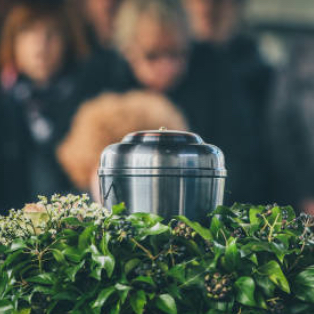
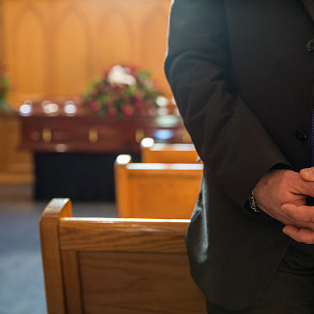

There are many positives from pre-planning your farewell with Olsens, both for you now and your family later.
For instance, by paying in advance – either as a lump sum or in parts – you can craft the farewell of your choice while also maximising your pension entitlements and securing the cost of your farewell at today’s prices.
Pre-paid funerals can also remove the financial and additional emotional burden from your loved ones
as they come to terms with their loss.